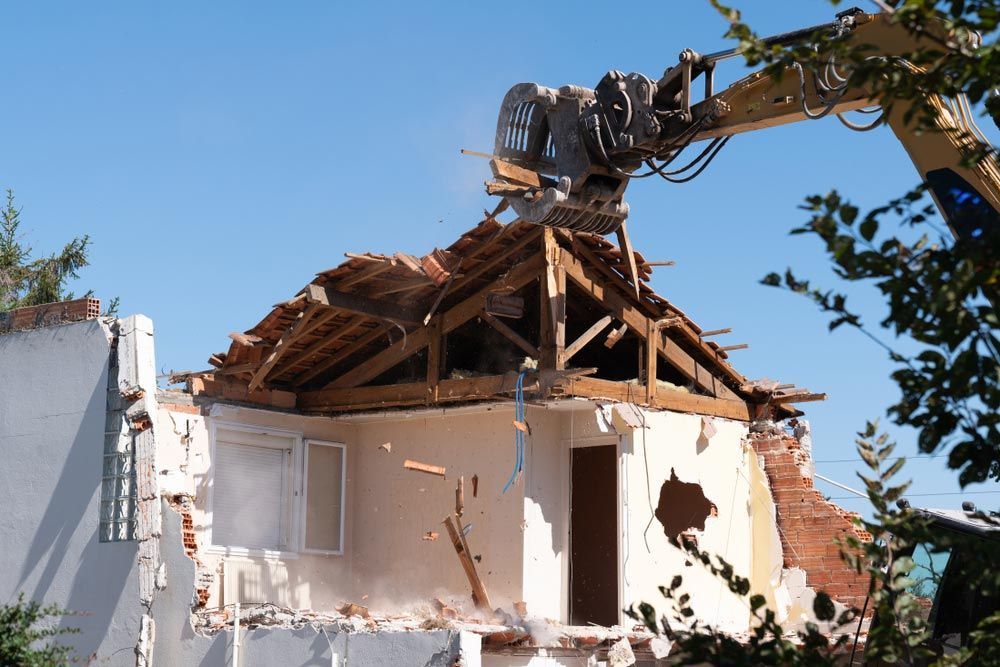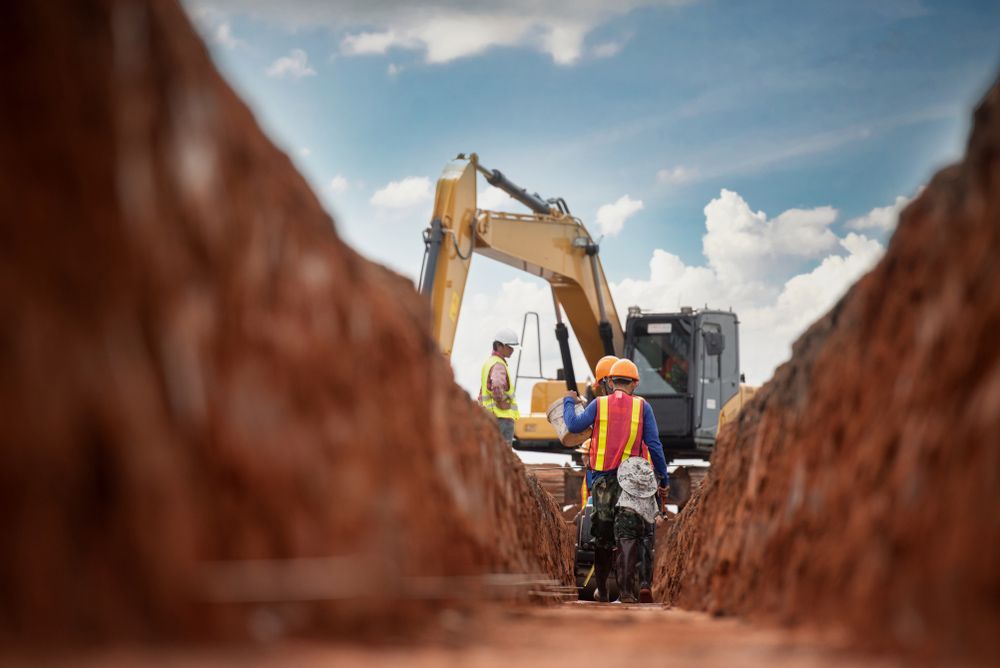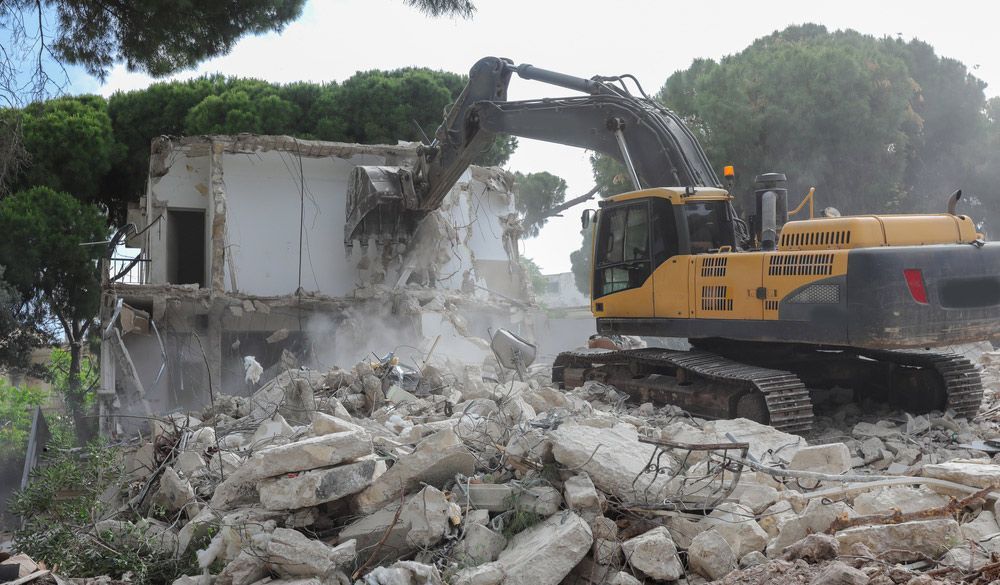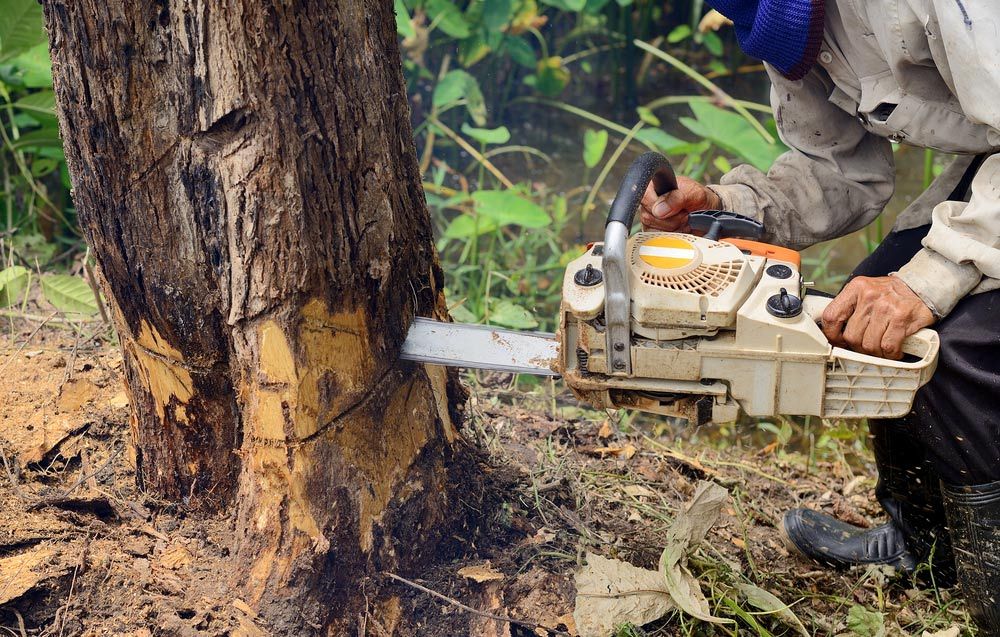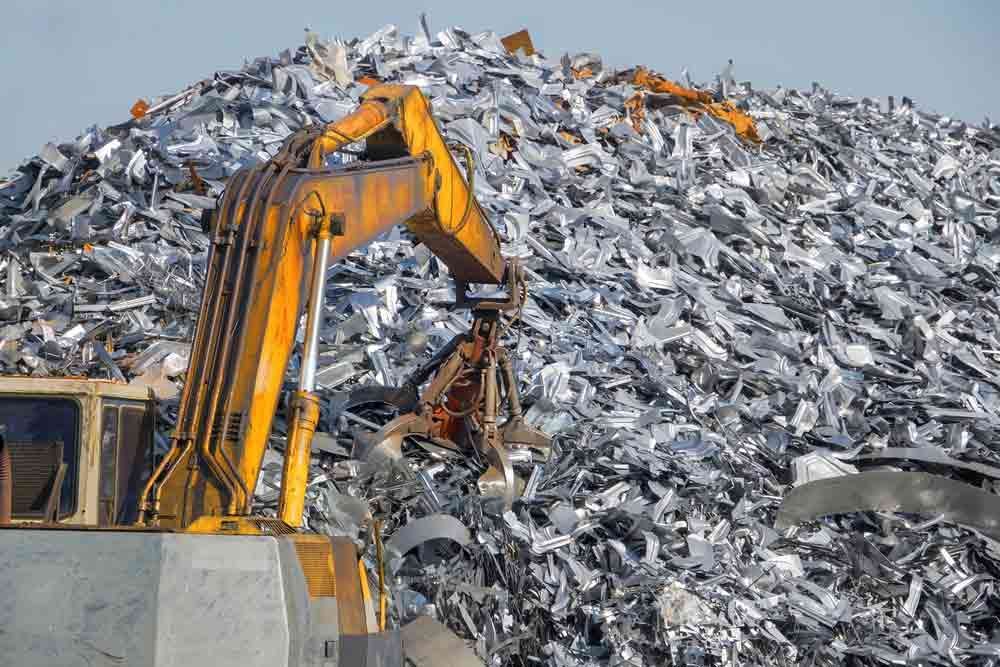Blog
The Difference Between Demolition & Deconstruction
Admin | October 7, 2024
When tackling a construction project, particularly one that requires tearing down existing structures, you’re often faced with an important decision: demolition or deconstruction. The two approaches may seem similar, but their impact on the environment, cost and timeline can be vastly different.
Whether you’re planning to knock down a house, clear a commercial site or make room for new development, understanding the distinctions between demolition and deconstruction can help guide your decision-making process. This blog will explore the differences, including environmental impact, cost implications and the long-term value of each approach.
Environmental Impact Comparison
Demolition and deconstruction are at opposite ends of the sustainability spectrum:
- Demolition typically involves the mechanical tearing down of structures, often resulting in a significant amount of debris destined for landfills.
- Deconstruction, however, is carefully dismantling buildings to preserve and reuse materials.
Key Environmental Benefits of Deconstruction:
- Reduces landfill waste: Deconstruction minimises the volume of waste by salvaging materials like wood, metal and bricks.
- Conserves resources: Reusing materials significantly reduces the demand for new resources, saves energy and reduces carbon emissions associated with manufacturing and transporting new materials.
- Promotes biodiversity: Less debris and lower demand for raw materials can help preserve natural habitats.
Cost Implications for Property Owners
While the upfront costs of deconstruction can be higher than demolition, the long-term financial benefits are compelling:
- Tax Benefits: Property owners may receive tax deductions for donated building materials.
- Reduced Disposal Fees: Minimising waste generation means lower dumping and transportation fees.
Considerations for Budgeting:
- Initial Investment: Deconstruction requires more labour, which can be more costly.
- Long-term Savings: The resale value of salvaged materials can offset some of the initial expenses.
Timeframe of Project Completion
The timeline for completing a project can vary significantly between the two methods:
- Demolition is relatively quick, often completed within days, depending on the size of the structure.
- Deconstruction is more labour-intensive and time-consuming, sometimes taking weeks to complete.
Planning for Timeframes:
- Project Scheduling: Developers should consider their timeline flexibility when choosing between the two methods.
- Labour Allocation: Deconstruction may require more skilled labour over a longer period.
Regulatory & Compliance Issues
Navigating the regulatory landscape is essential for both methods, but deconstruction often involves more complexity:
- Permit Requirements: Different permits may be required for deconstruction, especially if the building is historical or located in a sensitive area.
- Compliance: Adhering to environmental standards is crucial, particularly in handling waste and materials.
Navigating Compliance:
- Expert Consultation: It’s advisable to work with experts familiar with local laws to ensure compliance.
- Documentation: Maintaining thorough material handling and disposal records can aid in compliance.
Long-term Value to the Community
Choosing deconstruction over demolition can deliver substantial community benefits:
- Job Creation: Deconstruction is labour-intensive, creating more job opportunities.
- Community Engagement: Donating salvaged materials can support local charities and non-profit construction projects.
Enhancing Community Value:
- Educational Opportunities: Projects can serve as learning sites for training in sustainable construction techniques.
- Heritage Preservation: Salvaging architectural elements can help preserve the cultural heritage of a community.
Partner with Us for Your Next Big Project
Ready to rethink your approach to construction and demolition? At Boland Contracting, we offer a comprehensive range of services tailored to your needs, including expert demolition, efficient earthmoving and innovative crushing and recycling solutions. Whether you're planning to clear land for new development or need detailed deconstruction for material reuse, our team ensures your project aligns with your goals and environmental sustainability.
If you’re ready to discuss your next project, get in touch with us via our contact page or give us a call to book a consultation. Together, we can build a greener future for our community.

